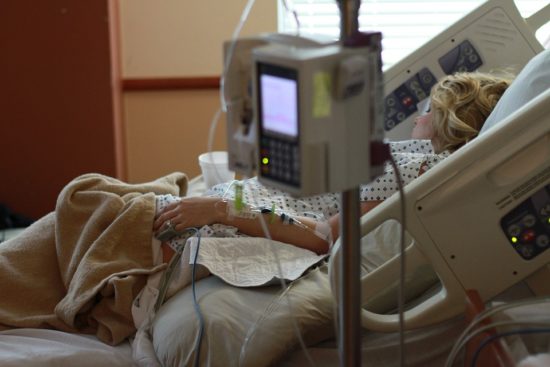Treatment of infections caused by carbapenem-resistant Acinetobacter baumannii
Severe carbapenem-resistant Acinetobacter baumannii (CRAB) infections pose significant treatment challenges due to inherent and acquired resistance mechanisms, host factors, and inadequate drug coverage. Current treatment options include high doses of ampicillin-sulbactam or tigecycline, with new drugs like durlobactam and cefiderocol potentially being effective salvage treatments. Bacteriophages and antimicrobial peptides may also be used in the future. Combining antimicrobial regimens, such as colistin, with new drugs, can alleviate or prevent CRAB infections, shorten hospital stays, and reduce patient mortality.
AMR NEWS
Your Biweekly Source for Global AMR Insights!
Stay informed with the essential newsletter that brings together all the latest One Health news on antimicrobial resistance. Delivered straight to your inbox every two weeks, AMR NEWS provides a curated selection of international insights, key publications, and the latest updates in the fight against AMR.
Don’t miss out on staying ahead in the global AMR movement—subscribe now!







